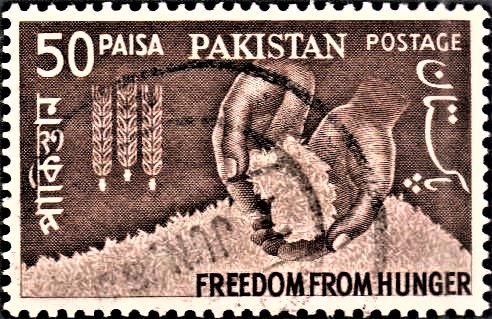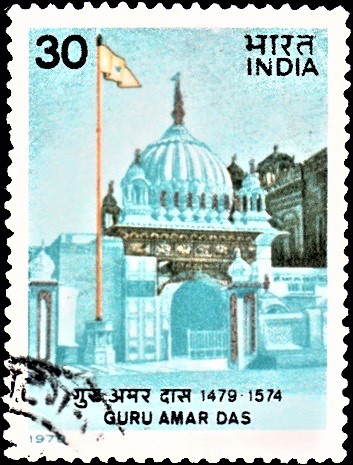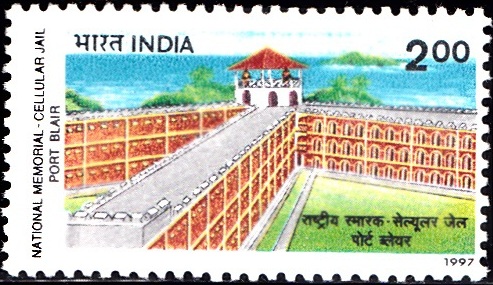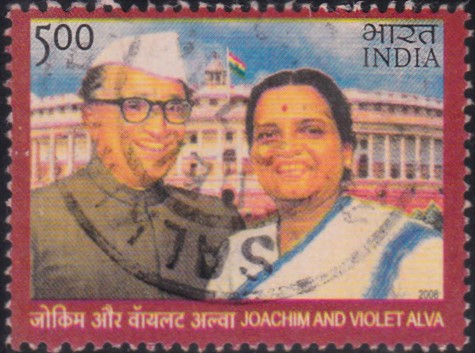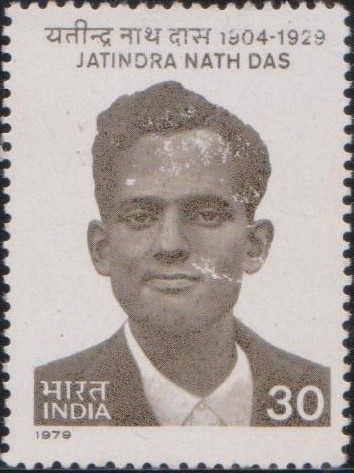
Jatindra Nath Das
A commemorative postage stamp on the 50th Death Anniversary of Jatin Das, member of the Hindustan Socialist Republican Association (HRSA) :

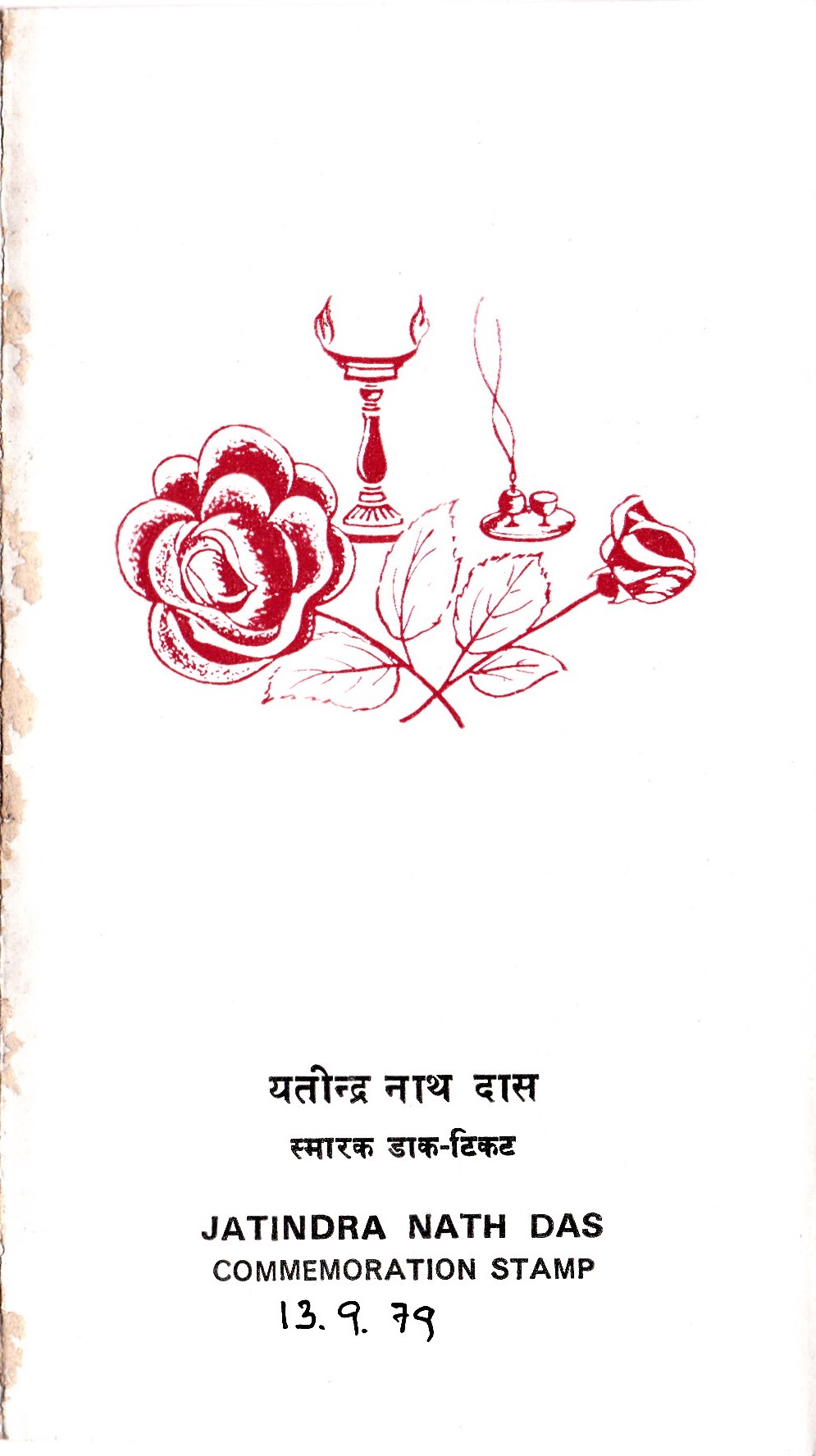 Issued by India
Issued by India
Issued on Sep 13, 1979
Issued for : Indian Posts & Telegraphs Department pays homage to the memory of the young revolutionary by issuing a special postage stamp on the 50th anniversary of his martyrdom.
Type : Stamp, Mint condition
Colour : Suede gray
Denomination : 30 Paise
Overall size : 3.91 X 2.90 cms.
Printing size : 3.55 X 2.54 cms.
Perforation : 13 X 13
Watermark : Printed on unwatermarked adhesive stamp paper
Number printed : 30,00,000
Number per issue sheet : 35
Printing process : Photogravure
Designed and printed at : India Security Press
Name : Jatindranath Das [Jatin Das]
Born on Oct 27, 1904 at Calcutta, British India
Died on Sep 13, 1929 at Lahore, British India [now in Pakistan]
About :
- The year was 1904. On October 27, in the middle class family of Bankim Behari and Suhasini Das in Calcutta, a son was born who was named Jatindra Nath. He was a bright student and passed the Matriculation and Intermediate examinations in the First Division.
- By 1921 the prevailing political atmosphere of Bengal was surcharged with revolutionary fervour. At the young age of 17, Jatin inspired by patriotic zeal participated in the non-cooperation movement. He was arrested and sentenced to six months’ rigorous imprisonment for picketing. In November 1925 when he was studying for his B.A. in Vidyasagar College he was arrested for his political activities. At the Mymensingh Central Jail, he went on hunger strike in protest against the ill-treatment meted out to political prisoners. After 20 days, when the Jail Superintendent offered apology, Jatin gave up the fast.
- His sense of discipline and the qualities of leadership were discernible even at that young age and he held positions of importance in many political and social organisations of Calcutta. His wide-ranging political activities brought him in contact with the revolutionaries in other parts of the country and led him into clandestine manufacture of explosives. On June 14, 1929, Jatin was arrested in Calcutta. He was named as one of the accused in what came to be known as Supplementary Lahore Conspiracy Case and was transferred to the Lahore jail. There, in protest against inhuman treatment of political undertrials and prisoners by the British authorities, Jatin started his memorable hunger strike on July 13. Sustained by his sense of discipline and determination, he waged a superhuman struggle against the might of the Government and persisted with his hunger strike for sixty-three days. He passed away in the Lahore Borstal Jail on September 13, 1929. The martyrdom of Jatindra Nath Das was in the best traditions of our patriotic fervour and revolutionary spirit which sought to throw off the British yoke through the sufferings and sacrifice of the people.



